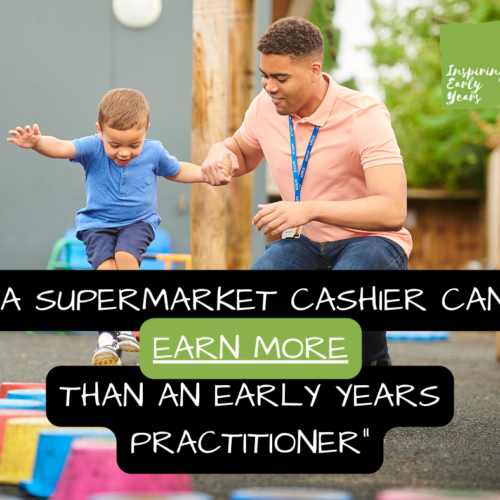Play-based learning is of paramount importance in early childhood education. It provides a strong foundation for the development of cognitive, socio-emotional, and physical competencies in children. It’s a natural and effective way of engaging children in meaningful learning experiences.
The essence of play-based learning lies in its focus on the child’s interests, ideas and experiences. Children are naturally curious and imaginative, and play-based learning taps into these innate characteristics to foster learning. It allows children to explore, experiment, discover, and solve problems in imaginative and playful ways.
Play-based learning is a holistic approach that helps children to develop a range of skills and understandings in a range of areas, including language, numeracy, social understanding, and self-regulation. It encourages children to be active and engaged learners, who are not merely passive recipients of information, but are actively constructing their own understanding and knowledge of the world.
Practitioners can incorporate play-based learning into their practice in a variety of ways. One effective way is through the use of play corners or stations, where children can explore different themes, materials, and activities at their own pace. For example, a construction corner with blocks and tools can foster spatial awareness and problem-solving skills, while a home corner with dolls and kitchen utensils can enhance social and emotional development.
Another strategy is to incorporate play into daily routines and activities. For instance, counting games can be integrated into snack time, or story-telling can be incorporated into circle time. This not only makes learning fun and engaging, but also shows children that learning is a part of everyday life.
Practitioners can also use play-based learning to support specific learning goals. For example, if a child is struggling with fine motor skills, the practitioner can provide play activities such as threading beads or manipulating playdough, which can help to develop these skills in a fun and engaging way.
In conclusion, play-based learning is a powerful and effective approach to early childhood education. It supports the holistic development of children and engages them in meaningful and enjoyable learning experiences. By incorporating play-based learning into their practice, practitioners can foster a love of learning and set the foundation for lifelong learning.


